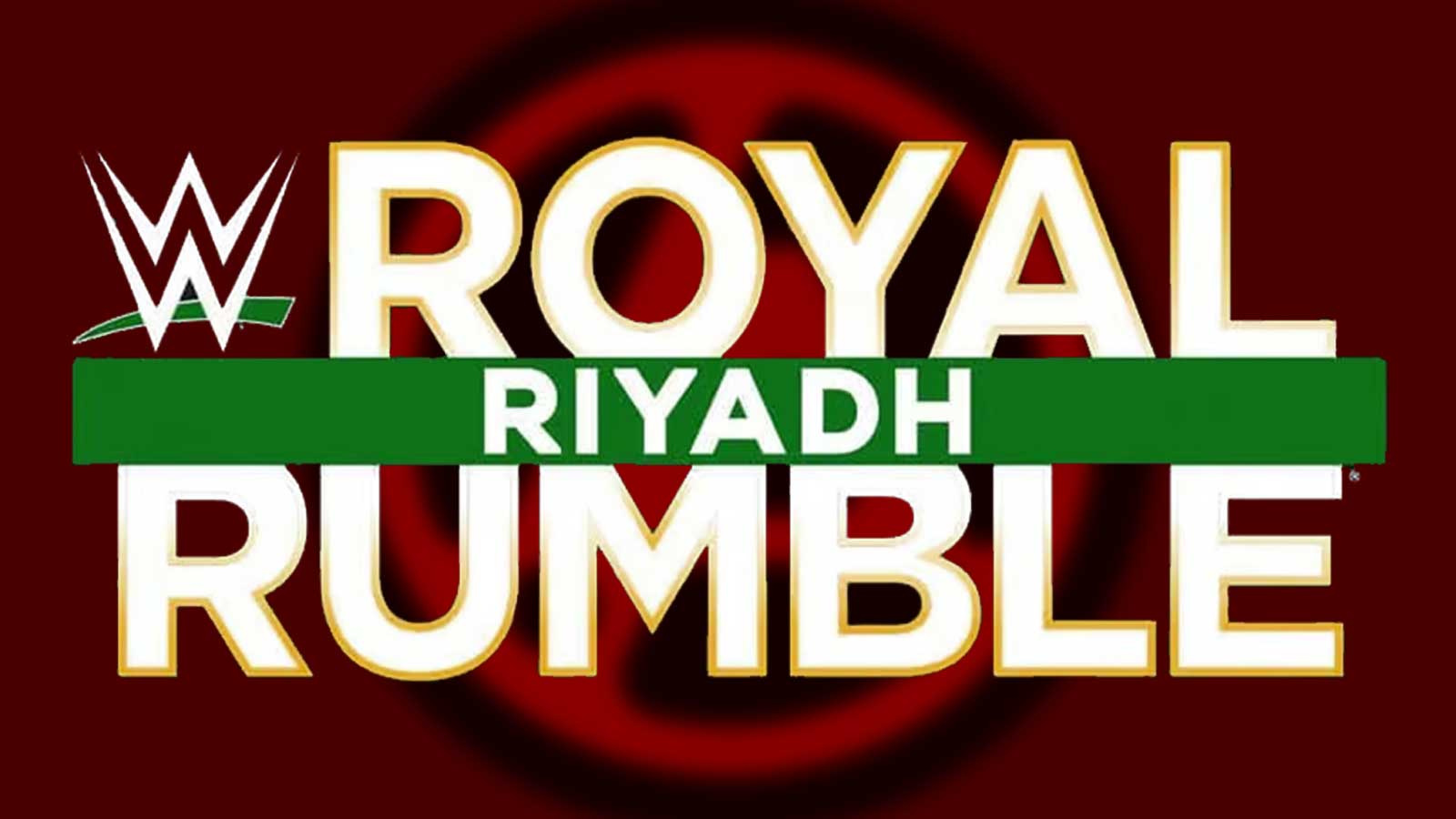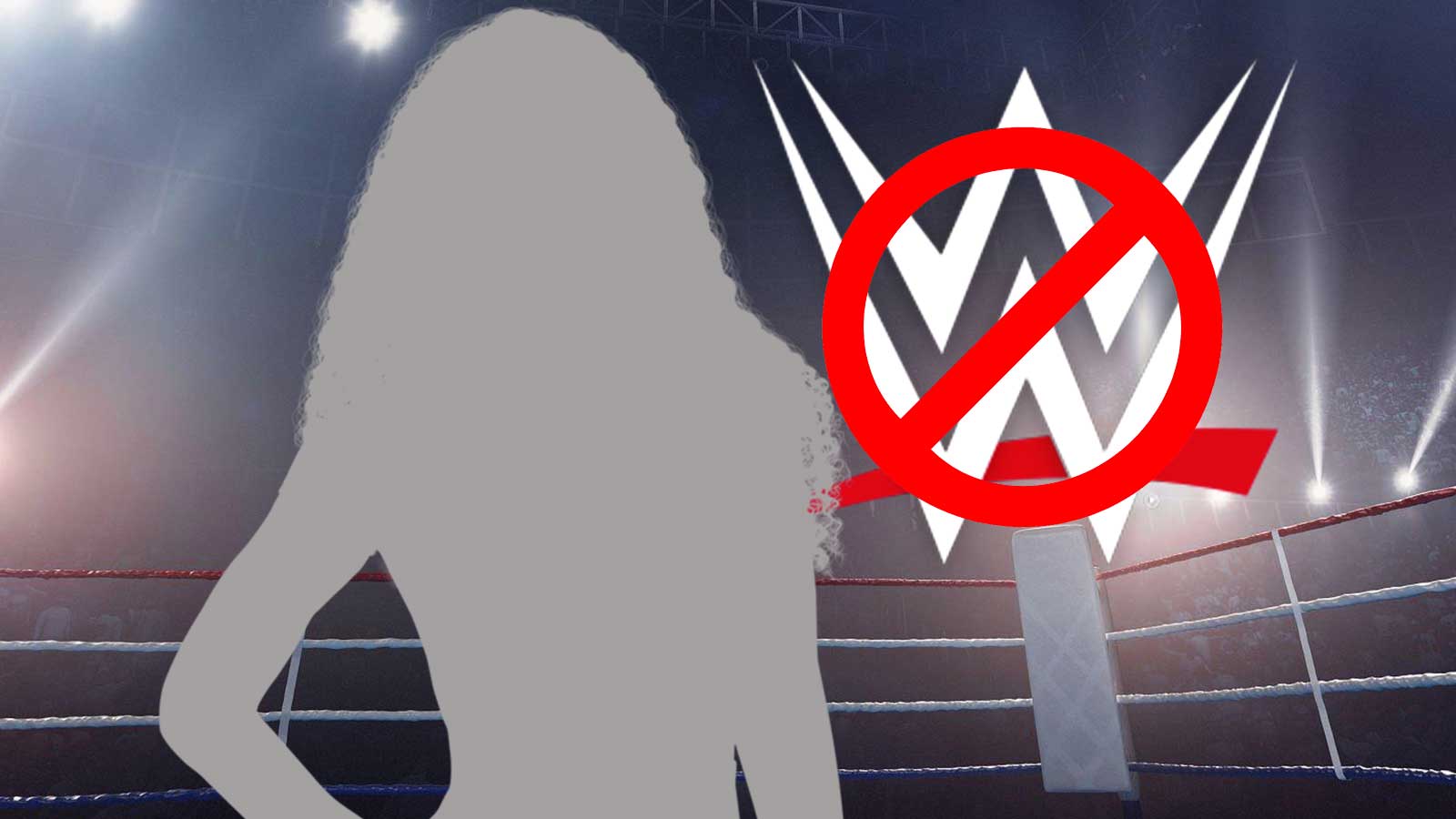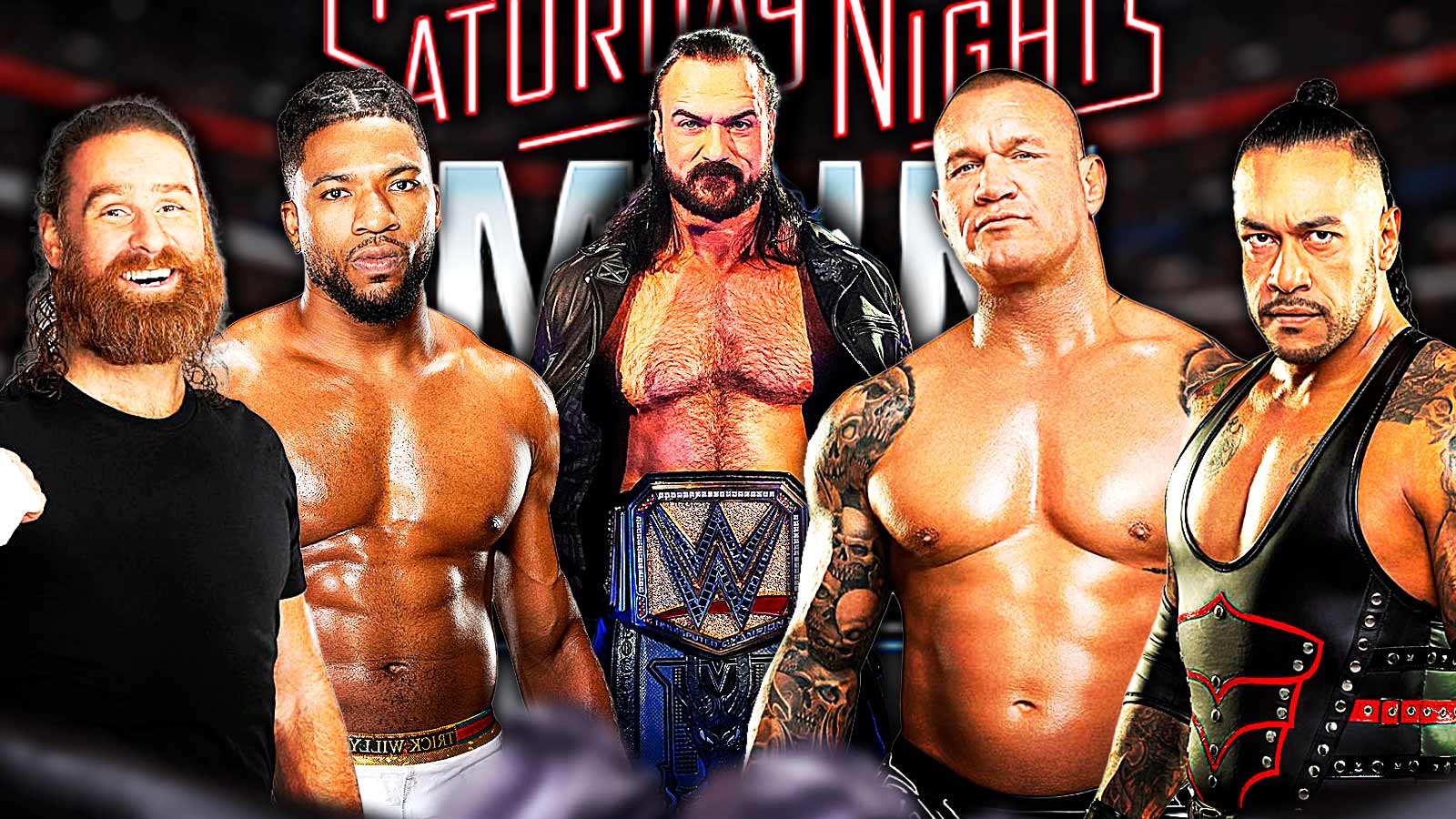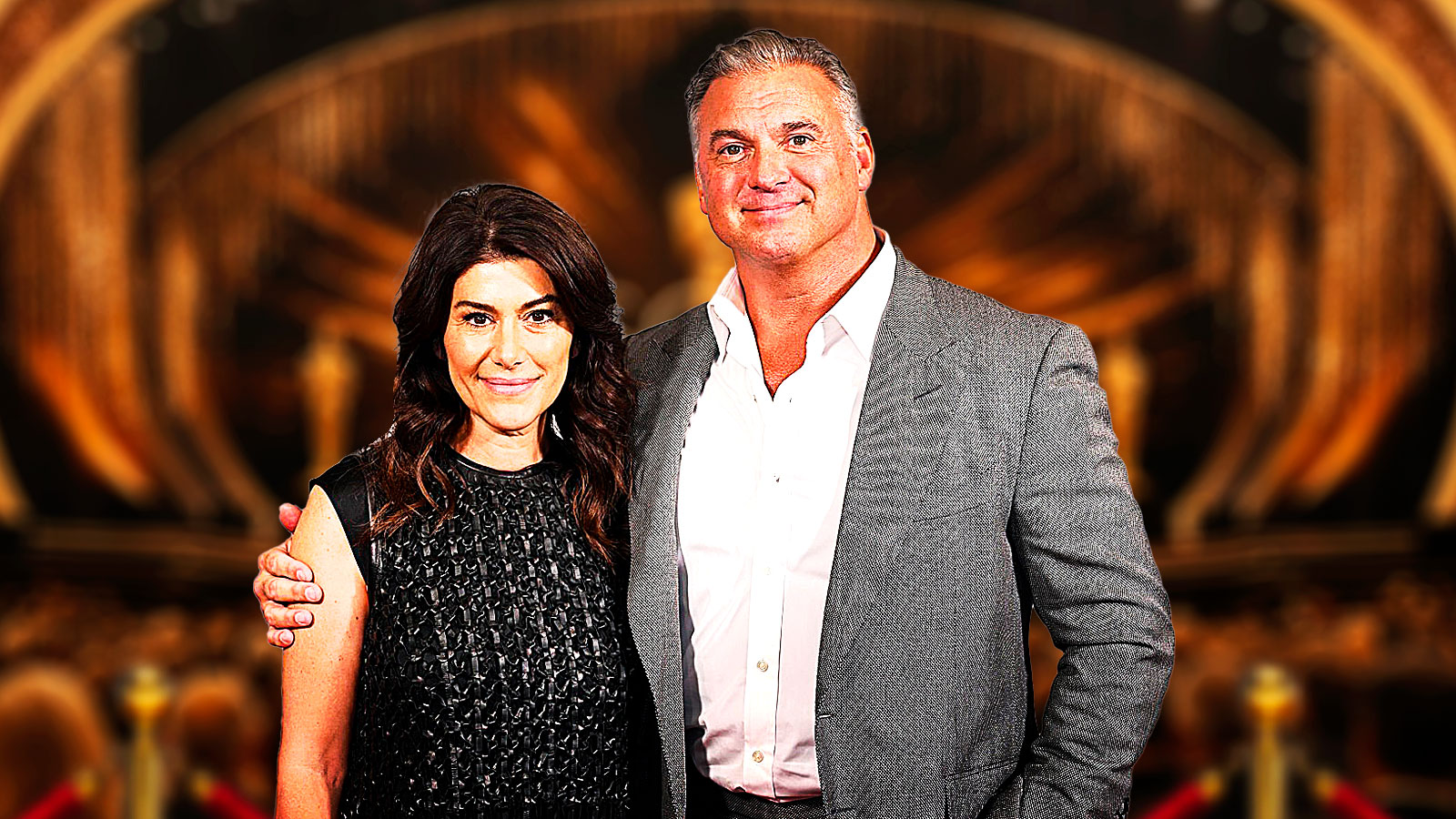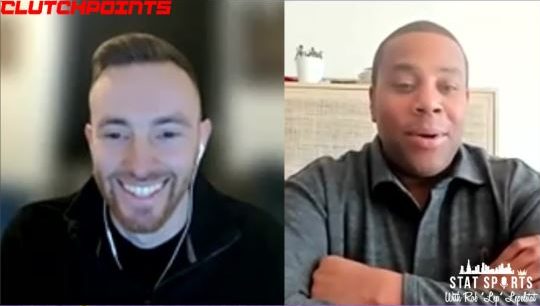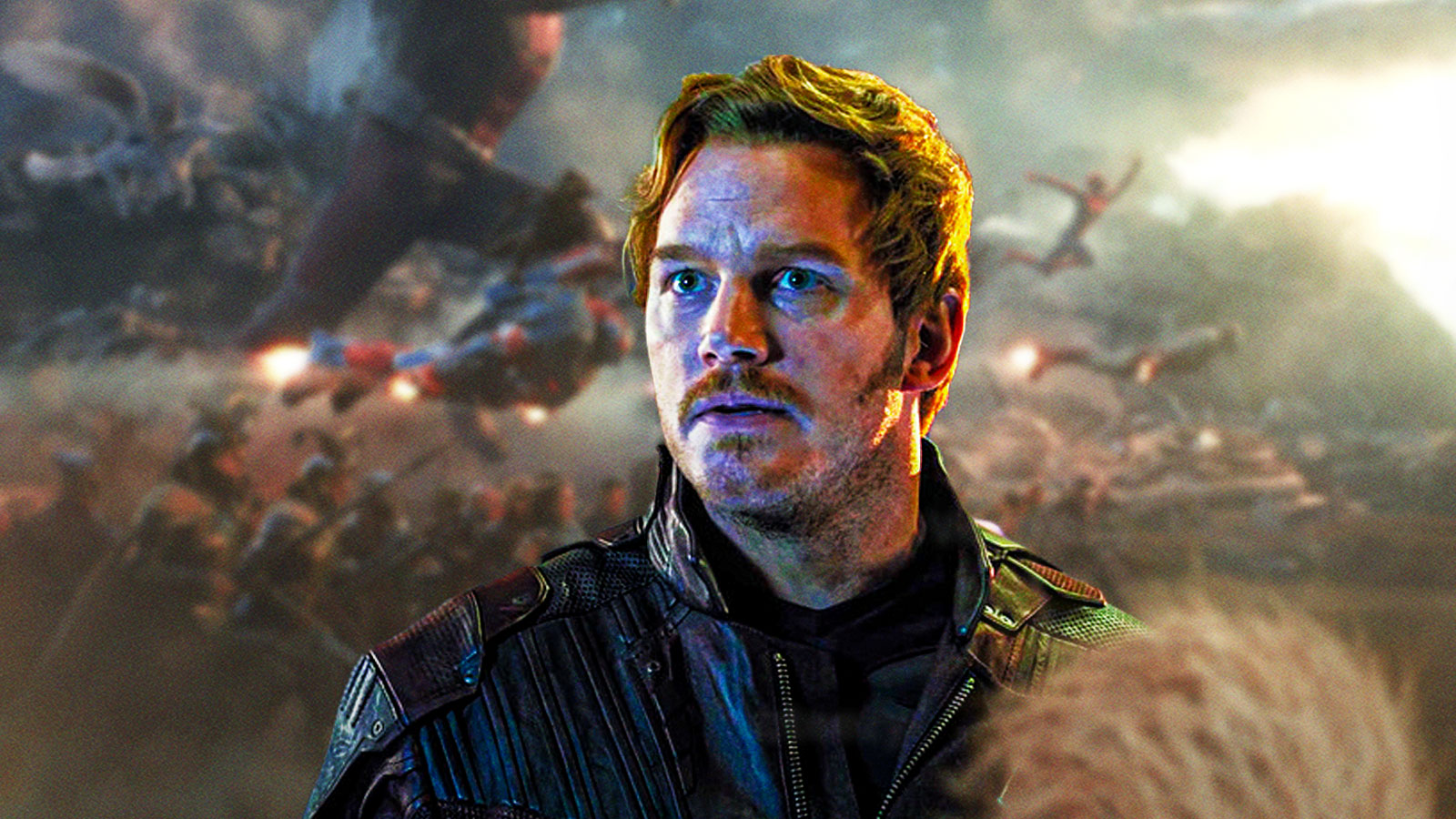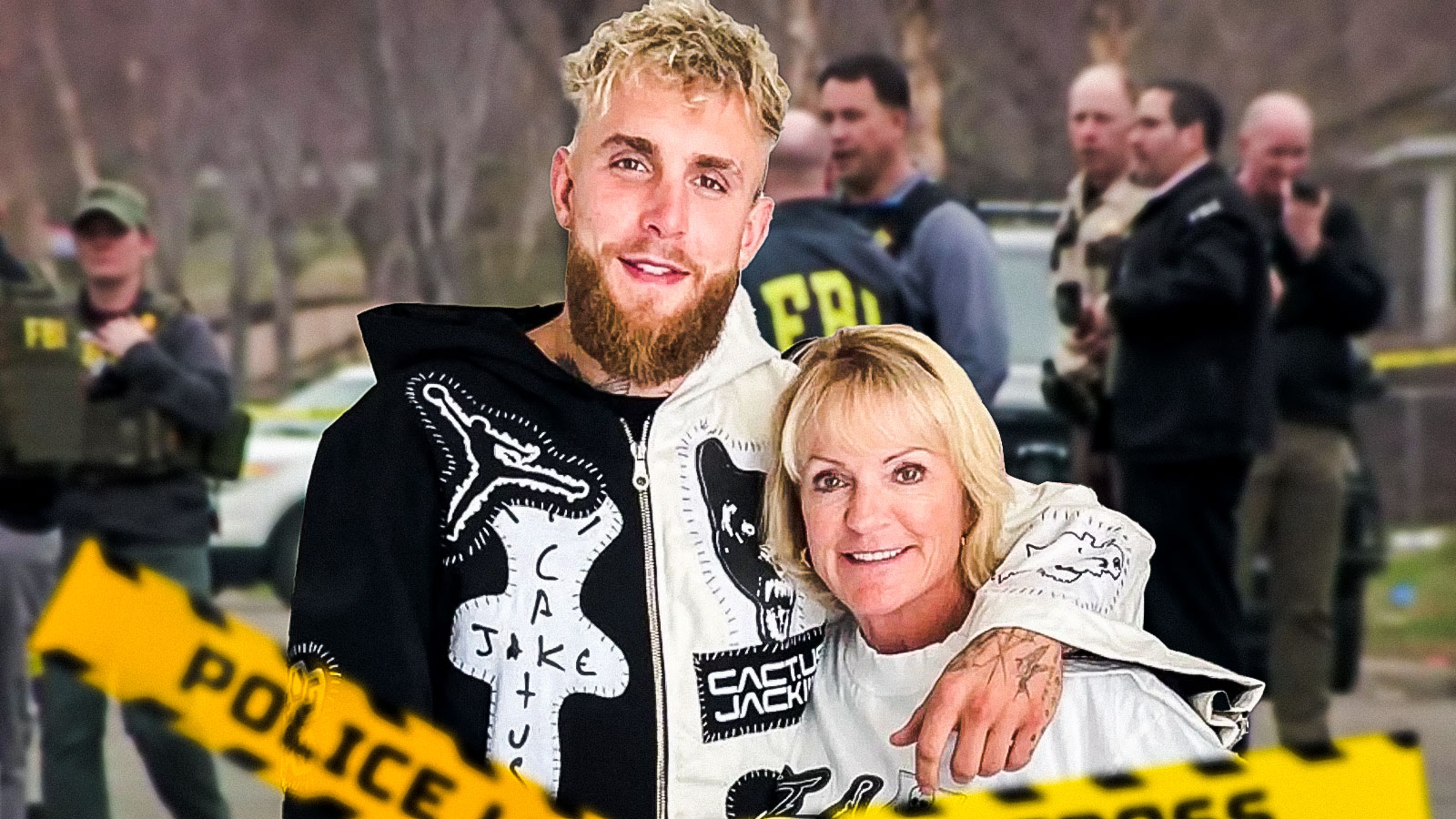When Donald Trump announced his choice for his vice president, Ohio junior senator J.D. Vance, the viewership of the feature adaptation of his 2016 memoir, Hillbilly Elegy, rose 1,180% on Netflix, Deadline reported.
That translates to 19.2 million minutes watched on July 15, according to Luminate data. The day before that, its viewership was at 1.5 million minutes.
J.D. Vance and his Hillbilly Elegy
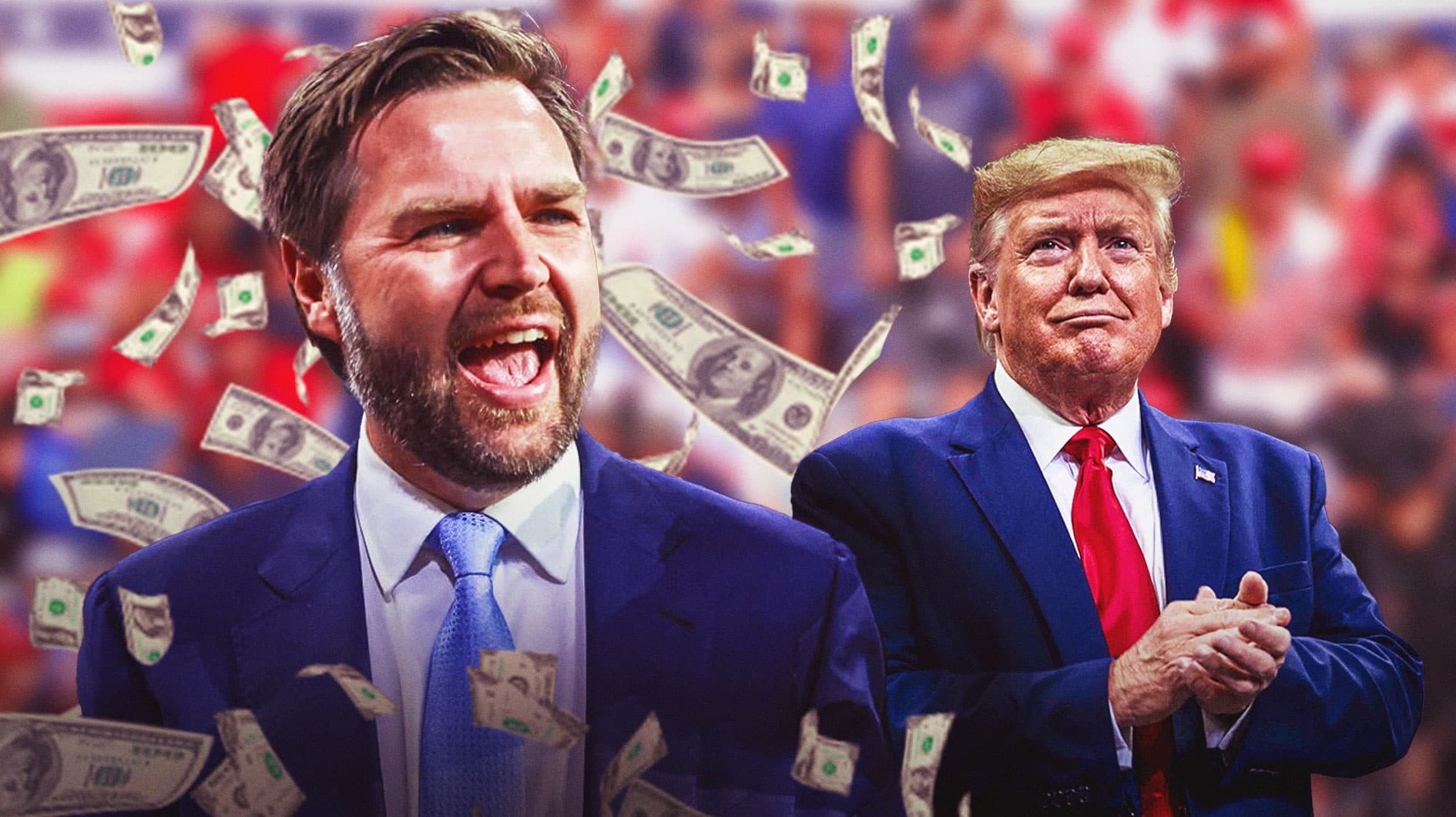
The movie, which was released in 2020, has a runtime of just under two hours. So the data also translates to approximately 164,000 viewers. By Sunday, there were already rumors that Vance was the frontrunner for VP, which most likely caused the film's viewership to rise even before the official announcement.
The Ron Howard-helmed movie was based on the novel, which told the story of the decline of the white working class. Conservatives and liberals saw it as a primer on explaining why a huge part of the US population feels alienated from the rest of the country. It also portrayed Vance's family history as a struggle against the legacy of abuse, alcoholism and poverty. The film starred Glenn Close and Amy Adams. Close was nominated for a Golden Globe Award for her performance.
More than a rise in its viewership, Hillbilly Elegy is most likely the only (and best) introduction the voters have to the Republican VP candidate. Vance has less than two years' experience in government. However, with the movie people now see him as the Appalachian kid who rose from his poor beginnings into an Ivy League education (Yale University) and now possible vice president of the United States.
How the book and the movie will play this coming election
The book and the movie paints Vance as having the kind of upbringing that's more in line with most Republicans and more importantly, it's polar opposite of Trump's. His background makes him the perfect bridge between Middle America and the coastal elites who populate the White House and most of the higher offices in government.
However, in the last eight years since the book was released, Vance has distanced himself from that Appalachia kid and is now a member of the elite. He left Middletown, Ohio and earned a law degree from Yale. From there, he went on to run a Peter Thiel-backed venture capital fund. Thiel was also one of Vance's biggest donors for his Senate campaign.
Before he became a politician, Vance wasn't even a Trump supporter. In 2016, he told NPR's Teri Gross, “I can't stomach Trump. I think that he's noxious and is leading the white working class to a very dark place.”
Who knows if he still believes that, but it's a good bet he won't be saying that out loud from now on. That was 2016 Vance. That was bestselling author Vance. Now, he's Republican vice-presidential candidate Vance. He'll most likely toe the line. Whether it's the Republican line or the Trump line remains to be seen.
And I think the Hillbilly Elegy movie and book will serve Vance well in this campaign. In his own words in the introduction, he wrote, “I may be white, but I do not identify with the WASPs of the Northeast. Instead, I identify with the millions of working-class white Americans of Scots-Irish descent who have no college degree. To these folks, poverty is the family tradition.”
“Americans call them hillbillies, rednecks, or white trash. I call them neighbors, friends, and family,” he continued.
The relatability factor
This speaks to his relatability to the population that is underserved by most politicians. The people in what most campaign staff call the “fly-over” states. Vance's selling point is that he's one of them. Even though in the movie, as most movies of its ilk end, the protagonist is able to climb out of backbreaking poverty and move on to bigger and better things.
However, will Vance still be able to reach those that weren't able to do what he did? But maybe that's a non-starter question. At this point, the Trump diehards will vote for him no matter what. His appeal to them has never been his relatability — or his actual lack of it.
And because of the failed assassination attempt, his supporters have a better reason to sympathize with the indicted former president. With Vance in his corner, though, it gives him the credibility that some, a minority of Republicans, may be looking for.
I wonder, if the Republicans take the White House in the coming elections, if Ron Howard will be to Vance what Seth Myers was to Trump: an accidental path to the corridors of power.









